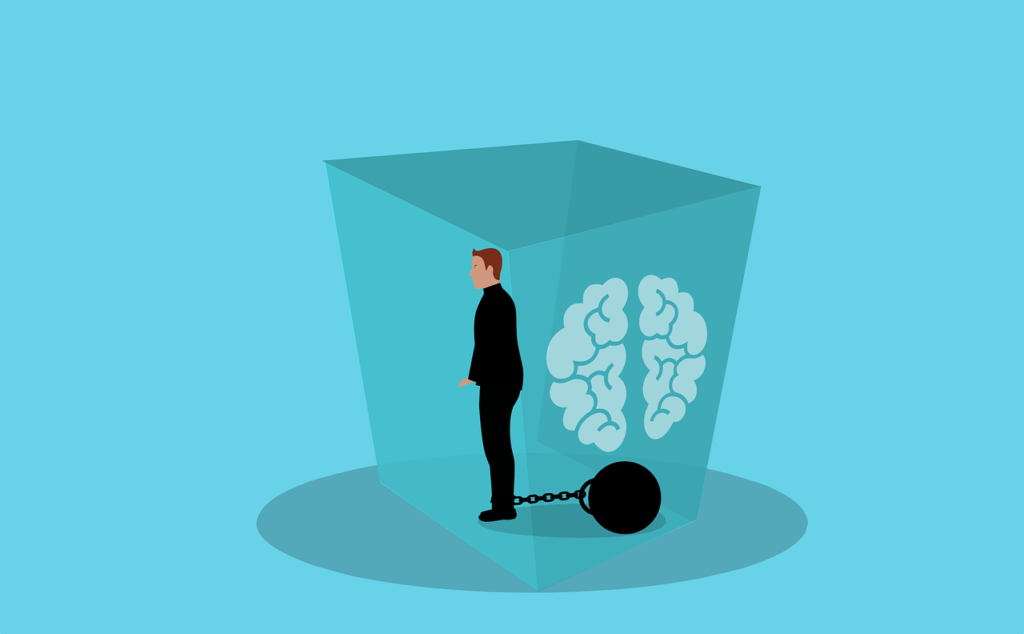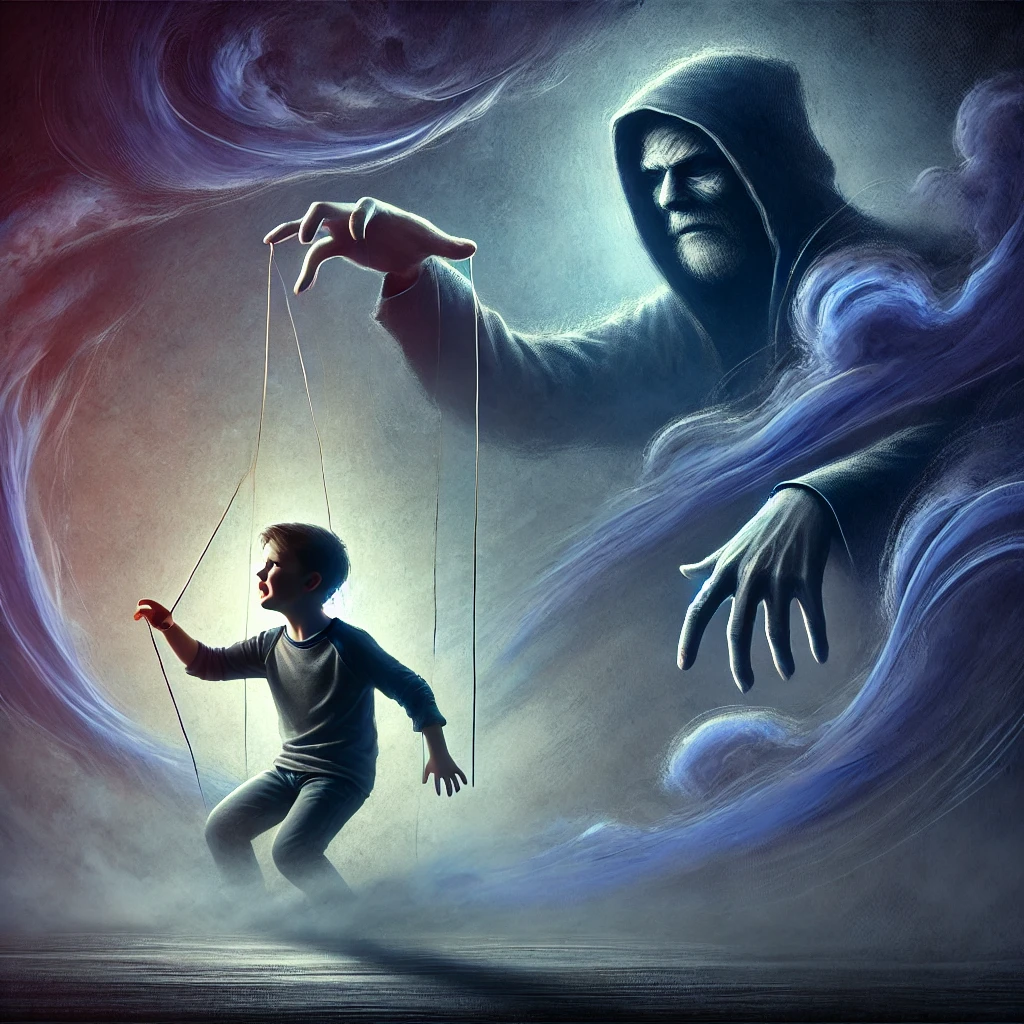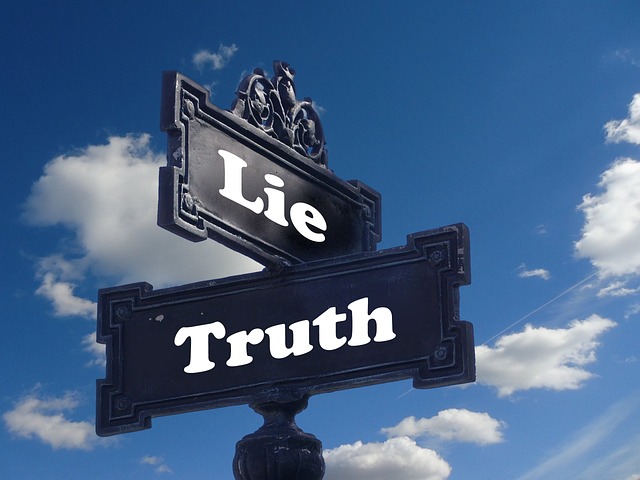Why Do Narcissists Want to Destroy You

The Devastating Truth About Narcissistic Abuse
For years, I’ve struggled to describe my experience with a narcissistic parent without guilt. But the truth is harsh and unavoidable: my father was my greatest enemy. Narcissists lack empathy, they care only about themselves. To them, no one else matters. They will sacrifice even their closest relationships to protect their fragile ego. For a child, this reality is devastating: your parent, who should have been your protector, becomes a saboteur working tirelessly to stifle your growth.
What hurts most is knowing you can never confront them. A narcissist will never admit fault. Instead, they’ll twist your pain into a weapon: you’re ‘too sensitive,’ you’re ‘imagining things,’ you’re the one who needs fixing. Their refusal to acknowledge harm isn’t ignorance—it’s strategy. By denying your reality, they maintain control.
This is why I’ve come to see the narcissist for what they are: your greatest enemy, disguised as family. They don’t just neglect you—they actively undermine your confidence, ambitions, and joy. Their goal isn’t to guide you, but to ensure you never outgrow their shadow. To a narcissist, your success isn’t a triumph—it’s a threat. And they will destroy you to avoid facing their own inadequacy.
If this resonates, you’re not alone. Share your story in the comments – sometimes naming the enemy is the first step to reclaiming your power.
Narcissistic Abuse Tactics: How they Sabotage Your Reality
Narcissists wield psychological tactics like emotional scalpels – precise, calculated, and designed to keep you under their control. Having survived a narcissistic father, I’ve come to recognize these strategies not just as cruelty, but as a systematic playbook to erode your self-worth. Here are the most insidious tactics they use:

1. Gaslighting: “You’re Too Sensitive. You’re Imagining Things.”
Gaslighting is the narcissist’s signature move. They twist reality to make you doubt your own perceptions. For example, when I confronted my father about his toxic behavior, he’d scoff, “You’re being dramatic. That never happened.” Over time, this made me question my memories and instincts. Narcissists gaslight to destabilize you – if you can’t trust yourself, you’ll rely on their version of the truth.
2. Emotional Blackmail: Threats and Fear of Abandonment
Narcissists weaponize your empathy. My father once staged a scene with a knife, threatening self-harm to guilt me into compliance. This wasn’t a cry for help – it was a calculated ploy to shift attention back to himself and punish me for “causing” his pain. Similarly, threats like “You’ll regret it when I’m gone” or “Do what I say, or I’ll cut you off” keep you trapped in fear of losing their approval (or fearing their demise).
3. Undermining Autonomy: “You’ll Fail Without Me”
Narcissists sabotage your confidence to foster dependency. Every idea, decision or initiative I ever had was bombarded me with criticism, making fun of, or doomsday consequences of my actions: “You’ll lose everything and be poor forever”. Then, he’d position himself as the “savior” with a “better” plan – always in his best interest and not mine. By crushing your ambitions and offering “solutions,” they ensure you stay small, reliant, and under their thumb.
4. Projection: “You’re the Selfish One”
Narcissists accuse you of the very flaws they refuse to acknowledge. If I set a boundary, my father would rage, “You’re so ungrateful! You only care about yourself!” This tactic deflects accountability and buries you under misplaced guilt. It’s not about truth – it’s about keeping you too defensive to notice their toxic behavior.
5. Conditional Love: “Earn My Approval or Be Punished”
With narcissists, love is transactional. My father dangled prosperity (“Take over my business and be rich”) as bait, while painting independence as a path to poverty. This creates a lose-lose dynamic: conform to their demands, and you lose yourself; defy them, and you’re exiled. Either way, they retain power.

Narcissistic Abuse Stories – My Experience
Story 1: The Gaslighting “Savior”
When I was 16, I decided to start a small online business selling handmade crafts. I was excited, researching suppliers, and designing a logo. But when I told my father, he scoffed and said, “You’ll fail within a month. You don’t know how the real world works.” Over days, he bombarded me with “worst-case scenarios” — “You’ll lose all your money,” “People will laugh at you,” — until my excitement turned to dread. Finally, he “saved” me: “Just work for my company instead. I’ll teach you how to succeed.”
I quit my project and joined him, only to realize his “lessons” were endless criticism. Years later, I understood: He needed me to doubt myself so I’d stay dependent on him. That business idea wasn’t flawed – it was my first lesson in how narcissists sabotage autonomy to feed their ego.
Story 2: The Threat of Abandonment
One summer evening, my father stormed out of the house after a fight with my mother. I found him outside, muttering about “ending it all.” He’d threatened abandonment before (“You’ll regret it when I’m gone”), but this was different—raw, theatrical. At 19, I stood frozen, torn between fear for him and resentment that I, the child, was forced to parent my parent.
For years, I carried guilt: “If I’d been ‘better,’ he wouldn’t have suffered.” Now I see it for what it was: emotional blackmail. Narcissists weaponize self-pity to trap you in their drama. That night wasn’t about despair—it was about control.
“If you’ve ever been forced to parent your parent, try this affirmation: ‘I release the guilt that was never mine to carry.’ Repeat it daily and notice what shifts.”
Story 3: The Prague Paradox
After escaping my father’s orbit, I moved to Prague for a job. For the first time, I felt free. Work was collaborative, my colleagues respected my ideas, and I even started dating. But a voice in my head whispered: “This is too easy. You’re not struggling enough – it must be a trick.”
When I later moved to my “homeland,” the pressure returned. I set impossible standards: “I must earn X salary, buy a home, find a partner—or I’m a failure.” Joy felt forbidden, like I was betraying my father’s script that life must be hard. But Prague taught me the truth: Peace isn’t a fluke. Narcissists make us fear ease because it proves we don’t need them.
“These stories aren’t just about my past – they’re about why I’m obsessed with tools like Internal Validation. We deserve to rewrite these scripts.”

Narcissistic Abuse Awareness: Why it’s the Foundation of Healing
Awareness is the flashlight in the dark room of narcissistic abuse. For years, I blamed myself for the chaos in my family: “If I were better, kinder, quieter, maybe he’d love me.” It wasn’t until I stumbled onto a YouTube video about narcissism that the puzzle pieces clicked. Suddenly, my father’s cruelty had a name: gaslighting. His threats weren’t “tough love” – they were emotional blackmail. His endless criticism wasn’t about my flaws – it was projection. Awareness didn’t just educate me it freed me from the lie that I was the problem.
This awakening is the first step in healing because you can’t fix what you don’t understand. Narcissists thrive in secrecy and shame, convincing you their behavior is normal or your fault. By learning terms like “love-bombing,” “hoovering,” and “trauma bonding,” I began to see my father’s actions as part of a calculated playbook, not random cruelty. Books and videos by trauma experts validated my pain in ways no one else could. For the first time, I realized: This wasn’t love. This was control.
But awareness alone isn’t enough—it’s the spark, not the fire. After months of self-education, I took the next step: therapy. My therapist didn’t just affirm what I’d learned—she helped me untangle why I’d tolerated the abuse. Together, we mapped how childhood conditioning wired me to seek validation from someone incapable of giving it. She taught me to spot cognitive distortions (“I deserve this”) and rebuild my self-trust. Therapy turned awareness into action, helping me replace survival instincts (people-pleasing, hypervigilance) with boundaries and self-compassion.
Why Awareness Matters
- It Ends Isolation: Learning about narcissism connects you to a global community of survivors. You realize you’re not “crazy” – you’re gaslit.
- It Shifts Blame: Awareness transfers shame from you (“What’s wrong with me?”) to the abuser (“This was never about me”).
- It Empowers Choice: Once you see the patterns, you can’t unsee them. You gain agency to say, “No more.”
The Journey Starts Here
My path began with a single YouTube video. Yours might start with a podcast, a blog, or a friend’s offhand comment: “That sounds narcissistic.” Awareness isn’t the end—it’s the door to a life where you stop surviving their drama and start thriving on your terms. The road is long, but every step begins with three words: I see you.